Francis’ Anti-Imperial Papacy
When Jorge Mario Bergoglio was elected pope a year ago, only a few expected that he would confront so many challenges simultaneously.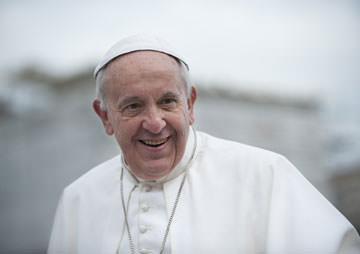 neneo / Shutterstock.com
neneo / Shutterstock.com
Religion makes a lot of mistakes.
Faith traditions can be so harsh that they drive away everyone but the self-righteous scolds. Or they can so indulge in therapeutic comfort and manufactured joy that they come to seem like a charlatan’s game.
They can be so otherworldly that they offer no guidance to those living in this one on matters of justice, freedom and how we should live together. Or they are so captive to the here-and-now that it becomes hard to distinguish between a congregation and a party headquarters.
And for many in the wealthy nations and among the young, religion has no relevance to their lives whatsoever. It’s seen by some as a charming throwback and by others as one more insidious force focused on power, money and self-preservation.
When Jorge Mario Bergoglio was elected pope a year ago, only a few expected that he would confront all of these challenges simultaneously.
Yes, his choice of the name Francis was a promising sign that he would emulate a saint devoted to the poor and to simplicity. Yes, he was already on record with searing criticisms of the injustices of global capitalism. From the beginning, he stressed his more humble role as the “Bishop of Rome,” suggesting an anti-imperial papacy.
And then it continued. He disdained the trappings of piety and might, including the ornate regalia that appeal to so many prelates. The Roman joke was that as priests got with his program, one could find many lacy surplices on sale at steep discounts on eBay. On his first Holy Thursday, Francis washed the feet not of the usual group of priests but of a dozen young people being held at a juvenile detention center, including two women and two Muslims.
He has not altered church doctrine, but his shift in emphasis has been breathtaking. “We cannot insist only on issues related to abortion, gay marriage and the use of contraceptive methods,” he has said. “This is not possible.” He thus declared that the church’s main mission would no longer be as a lead combatant in the culture wars. It would stand primarily with and for the neediest.
The most important aspect of a Pew survey released this month was not its finding that 68 percent of American Catholics thought Francis was changing the church for the better, or that 76 percent said he was doing a good or excellent job of addressing the needs and concerns of the poor. No, the truly revealing fact about this study is that it did not even occur to Pew’s pollsters to ask in their benchmark poll a year ago whether poverty should be a priority of the new pope. This is no knock on Pew; the fact that its researchers had to include a new question about poverty this year shows how much Francis has transformed the church.
The pope said recently he was uncomfortable with being seen as a “superman,” and indeed, he is not. Francis expressed his unease in an interview with the Italian newspaper Corriere della Sera during which he made the most troubling misstep of the year.
Speaking of the pedophilia scandal that has shaken the faith of so many Catholics, particularly in the United States and in Ireland, he was uncharacteristically defensive and aggressive, insisting that the Catholic Church “is perhaps the only public institution that has moved with transparency and responsibility.”
“No one has done more,” he added, “and yet the church is the only one that has been attacked.”
In fact, the church is not “the only one that has been attacked.” Even if it were, a pope who has emphasized the urgency of seeing the world from the perspective of the vulnerable and the wounded should have been the first to hear how his words might sound to the victims of abuse. A leader who has criticized a “psychology of princes” and the “spirit of careerism” should have known better.
But the keen disappointment felt over this is a mark of how high Francis has lifted expectations. He has shown that the spiritual life is also a life of social commitment. He demands a lot while preaching a God of mercy, confounding scolds and religious therapists alike. By engaging joyfully with nonbelievers and those who believe differently, he speaks to those skeptical that Christianity has anything left to say.
He called for a church that is “bruised, hurting and dirty because it has been out on the streets,” and has proved that such a church is hard to ignore.
E.J. Dionne’s e-mail address is ejdionne(at)washpost.com.
© 2014, Washington Post Writers Group
Your support matters…Independent journalism is under threat and overshadowed by heavily funded mainstream media.
You can help level the playing field. Become a member.
Your tax-deductible contribution keeps us digging beneath the headlines to give you thought-provoking, investigative reporting and analysis that unearths what's really happening- without compromise.
Give today to support our courageous, independent journalists.
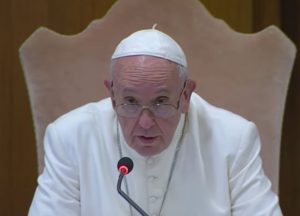

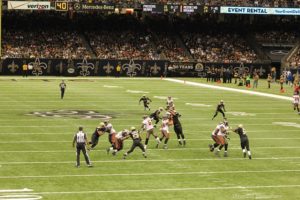
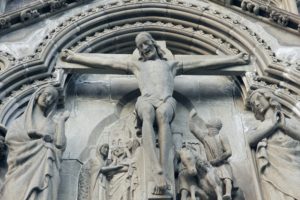
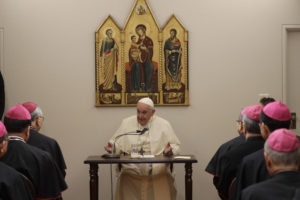
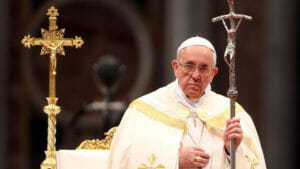
You need to be a supporter to comment.
There are currently no responses to this article.
Be the first to respond.